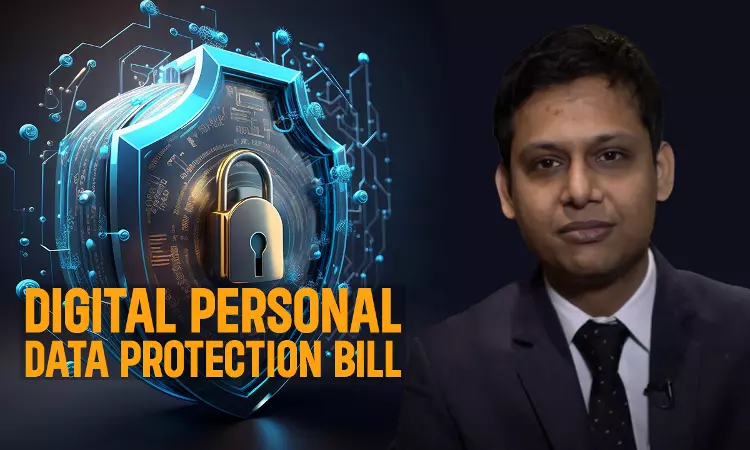Digital Personal Data Protection Act Is An Outlier, Not In A Good Way : Apar Gupta
Anuj Nakade
20 Aug 2023 2:18 PM IST

Next Story
20 Aug 2023 2:18 PM IST
On August 12, 2023, the Digital Personal Data Protection Act received the assent of the President of India, clearing the way for the act to come into force when notified by the central government. It is the first law made for processing data in India and it brings several amendments to the Right to Information Act and the Information Technology Act. According to the preamble of the...
